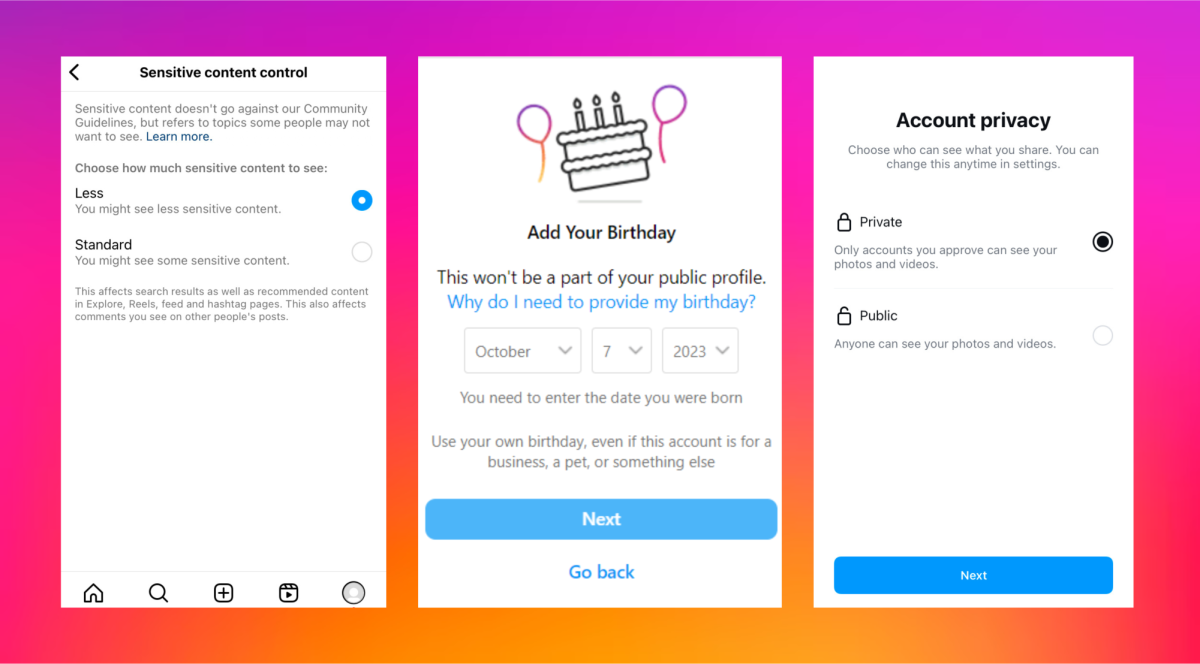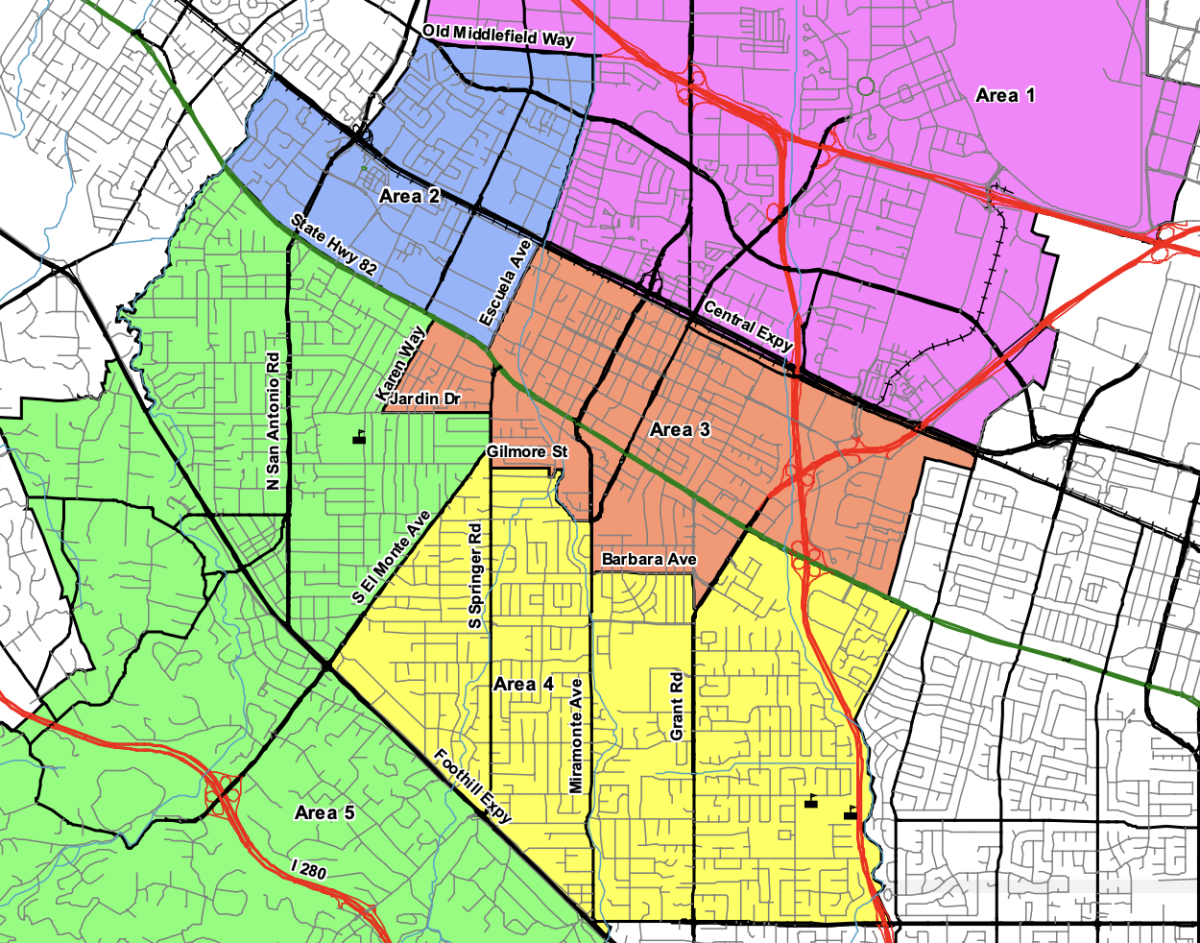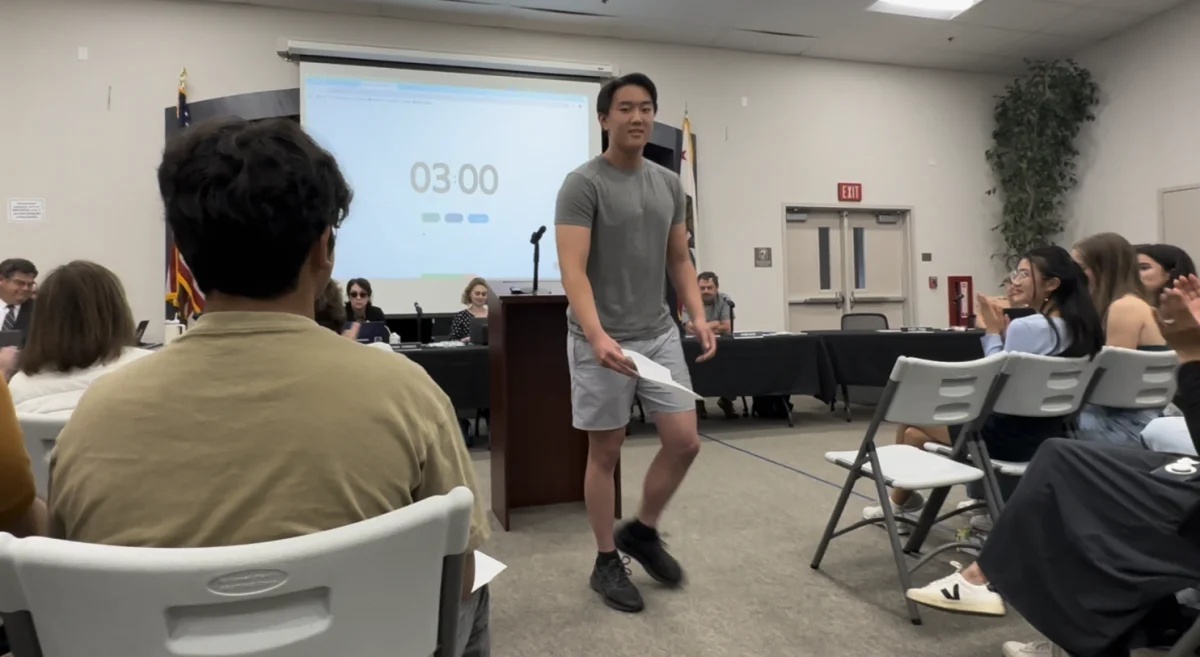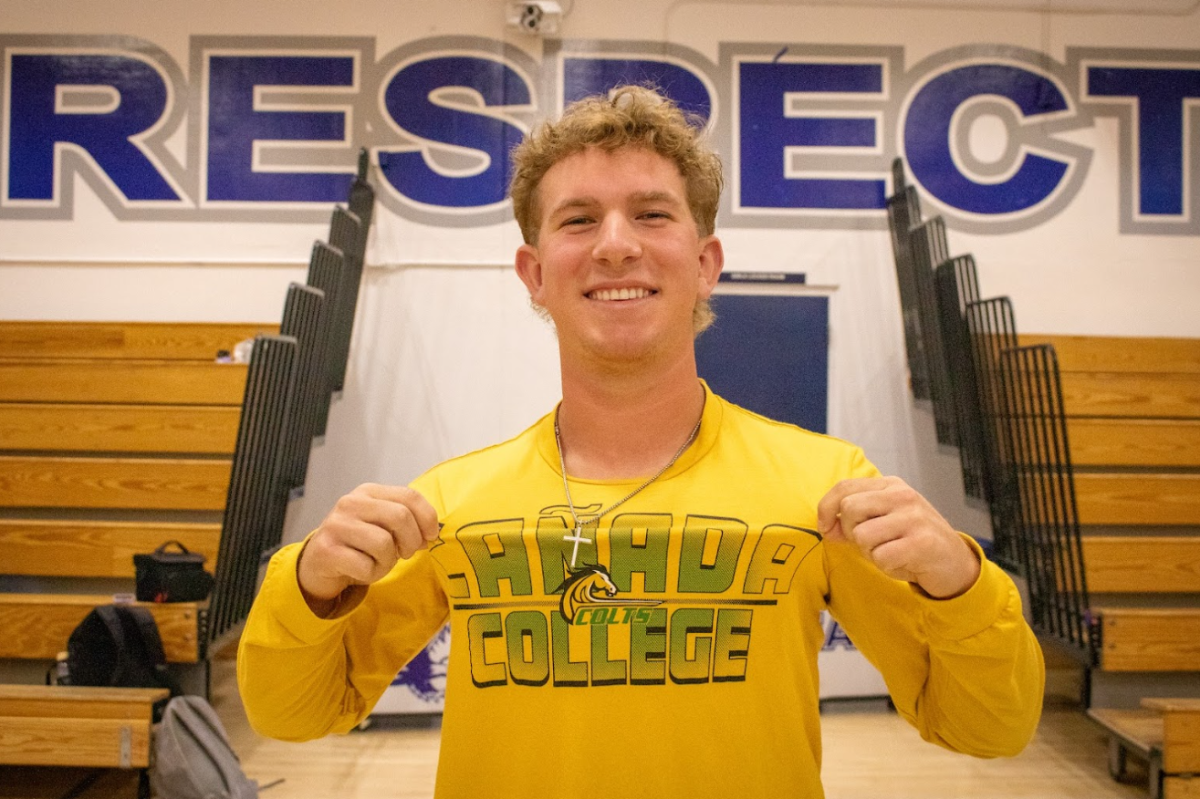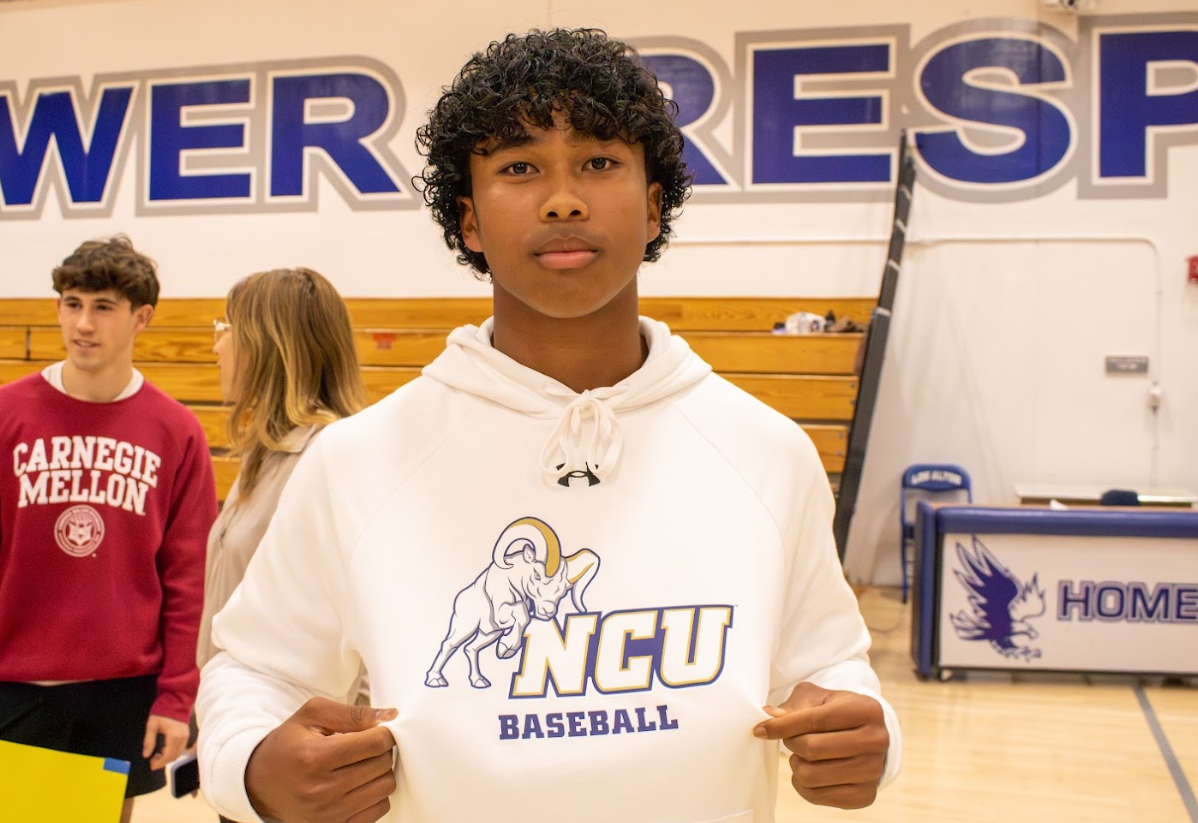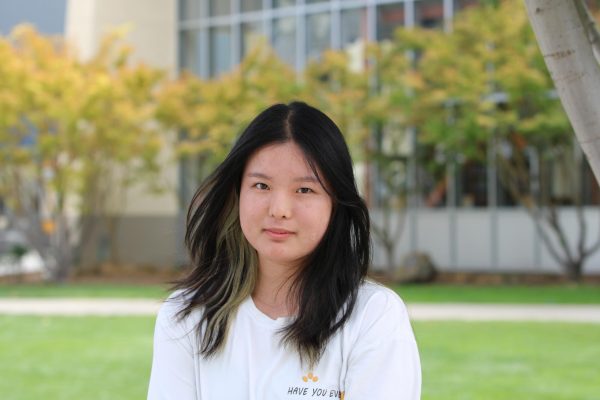On Tuesday, September 17, Instagram revealed changes in their privacy policy for those under 18: millions of accounts will be defaulted to private, notifications will be limited, and feed content will be restricted. This new update, called “Teen Accounts,” is in the process of implementation and only available in some locations.
Within the last two years, Meta — the company that owns Instagram, Facebook, and Whatsapp — has been heavily criticized over practices that “hook” teens to their platforms. Dozens of states have filed lawsuits due to dangers of harassment and bullying, as well as insomnia, depression, and anxiety linked to compulsive use of social media.
In an Instagram reel, Adam Mosseri, the head of Instagram, said Teen Accounts aims to target these concerns.
“I consistently hear three parent concerns: one, who can contact them; two, what content they see; and three, how much time they spend online,” Mosseri said. “Teen Accounts is designed to hopefully address all three of those concerns without requiring anything from a parent.”
Instagram’s terms of service has always prohibited children under 13 to use the platform, meaning that the “Teen Accounts” privacy policy only applies to teens ages 13 to 17. For teens under 16, parental consent will be needed to toggle Teen Account settings, meaning teens can’t directly control if their account will be public or private. A private account requires users to approve follow requests, and any non-followers will not be able to see their stories or posts.
The changes do not address, however, that teens can lie about their ages when creating accounts, making it difficult to track potential benefits or drawbacks of the update.
“I don’t really care that it’s private, you don’t need to be 15 years old and public,” sophomore Lucy Lai said. “If you’re truly desperate, you can just make a new account and change your indicated age.”
“I do think it’s a good step as a parent, especially when you are trying to monitor all these different devices and platforms for different children,” Yearbook advisor Jodi Hwang said. “It’s not something you have to go in and change — parents can just know that there’s a little more protection for their childrens’ accounts.”
In addition to privacy settings, Instagram will limit exposure to content that may be harmful, such as posts promoting violence, inappropriate content, or unhealthy beauty standards — their first attempt in mitigating detrimental effects on teens’ mental health.
Meta’s own research displays that although Instagram can help teens with their body images to some degree, it can still be especially harmful for teen girls.
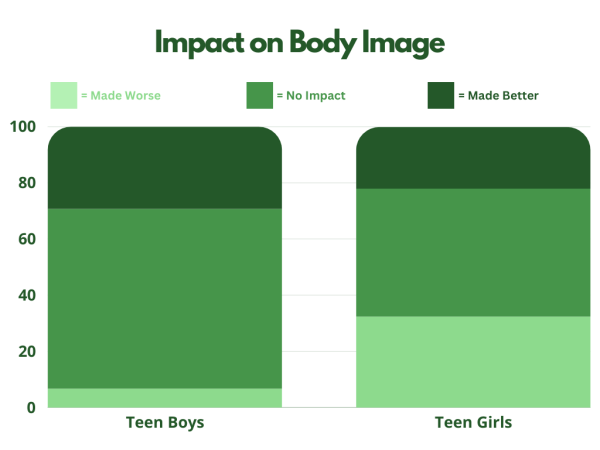
“I grew up with magazines, which were something you could see occasionally,” Hwang said. “An incessant feed with fitness, nutrition, bodies, beauty, would be really unhealthy for teenage girls.”
Notifications will also be stopped for minors from 10 p.m. to 7 a.m., in order to promote sleep and prevent doom scrolling late at night.
“I think if you already had trouble sleeping or if you were determined to not sleep, notification limits wouldn’t stop you anyways,” junior Krystal Zhu said. “A better way to promote sleep would just be to teach students how to manage their time more efficiently and have healthier sleep habits.”
“I don’t think notification limits are as important, but I believe it can result in less distraction for a teen not only just for sleep, but in general,” Hwang said.
As the update is still ongoing, its effectiveness is still unclear.
“I don’t know what kind of impact it will have,” Hwang said. “But I do think more privacy and protection for teens is a step in the right direction.”



